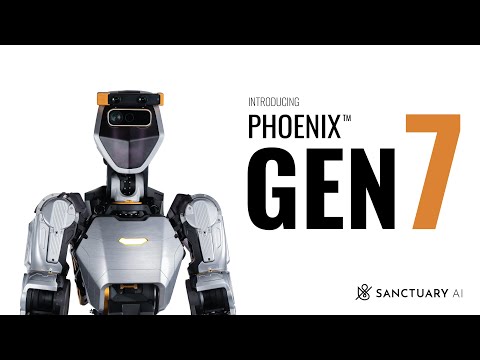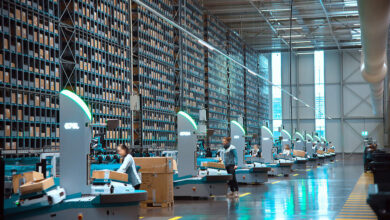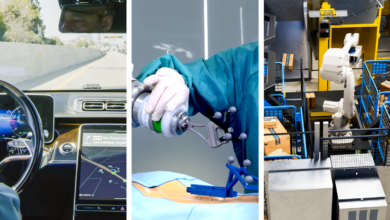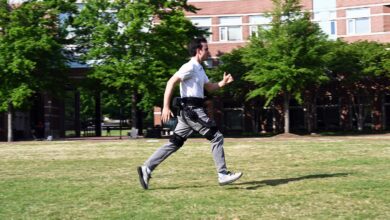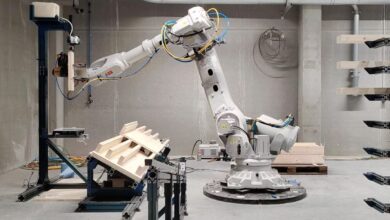Sanctuary’s new humanoid robot learns faster and costs less
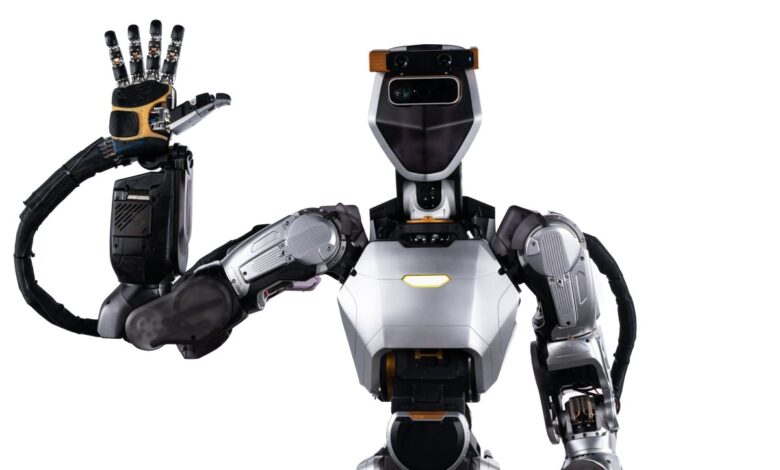
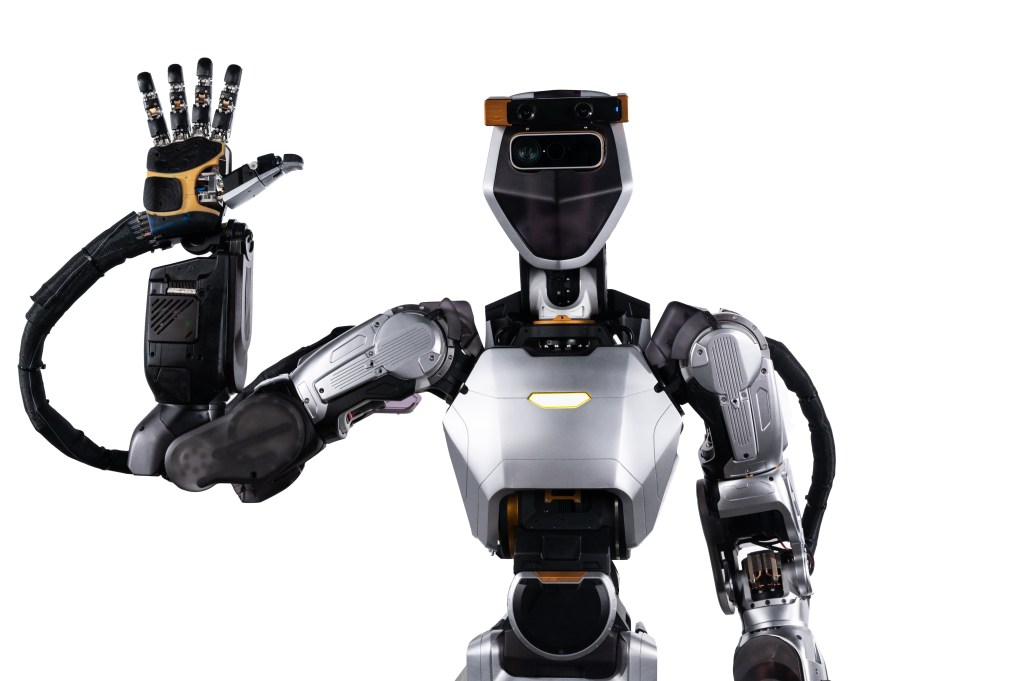
Image Credits: Sanctuary AI
Sanctuary AI often isn’t mentioned in the same breath as humanoid robotics firms like Boston Dynamics, Agility, Figure and 1X, but the Canadian company has been operating in the space for some time. In fact, a new robot introduced on Thursday is actually the seventh-generation of its Phoenix line.
While a recent iteration introduced legs into the line, Sanctuary is most concerned with what’s happening from the waist up. Tellingly, new videos of the latest robot are focused on the system’s torso. The Canadian firm is highlighting the system’s human-like movements while sorting product, as well as the speed with which it can learn such tasks.
Much of the humanoid coverage up to this point has (understandably) revolved around mechatronics — specifically how these robots look as they navigate their way through the world. Boston Dynamics’ recent video is a perfect example of how much can be communicated in a few short seconds.
Ultimately, however, robotic intelligence will be as — or perhaps more — important to these systems, going forward. While “general intelligence” is one of those big, abstract terms, the consensus among many roboticists is that we’re still five-10 years out from robots that are capable of learning new tasks in a manner similar to their human co-workers.
That does not mean, however, that today’s systems can’t learn tasks quickly. Sanctuary, for instance, suggests that the new Phoenix is capable of automating new tasks in less than 24 hours.
“With generation seven, we have a system that we believe is the most closely analogous to a person of any available,” co-founder and CEO Geordie Rose says. “We see this as not only the cornerstone of general-purpose AI robotics but a critical step on the path to artificial general intelligence, and we’re thrilled to be leading the charge on it.”
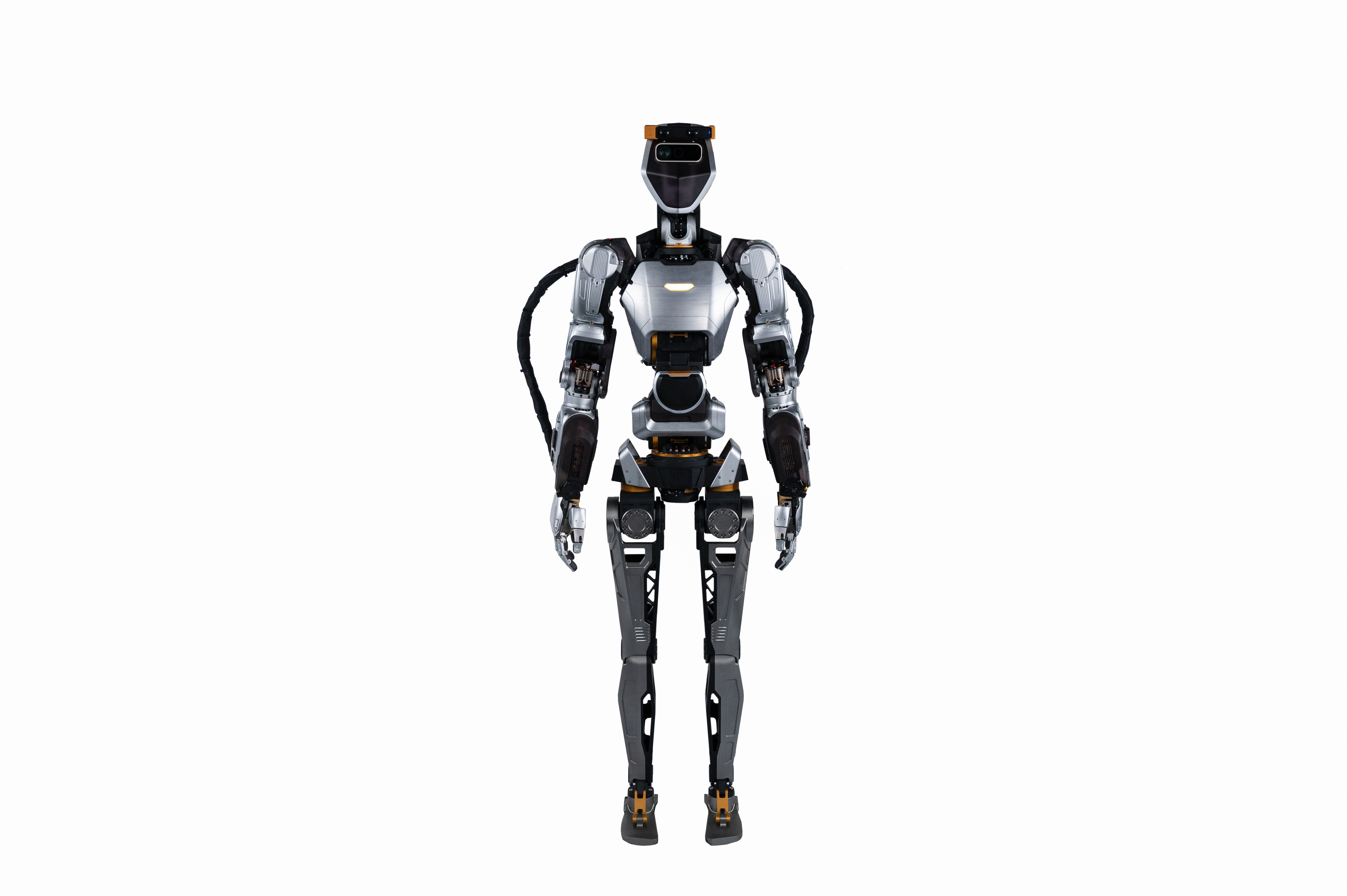
Image Credits: Sanctuary AI
Now the amount of time and consistency almost certainly varies from task to task. Those featured in the demo are relatively simple — separate objects of different colors — in what looks to be a structured and controlled environment. But Sanctuary absolutely deserves credit for already having deployed earlier systems. The company also recently announced a deal that will bring its systems to Magna auto manufacturing facilities.
For the most part, the seventh-generation robot — introduced 12 months after its predecessor — brings further refinements to the line, including increased up time, an improved range of motion, lighter weight and a lower-cost bill of materials.
